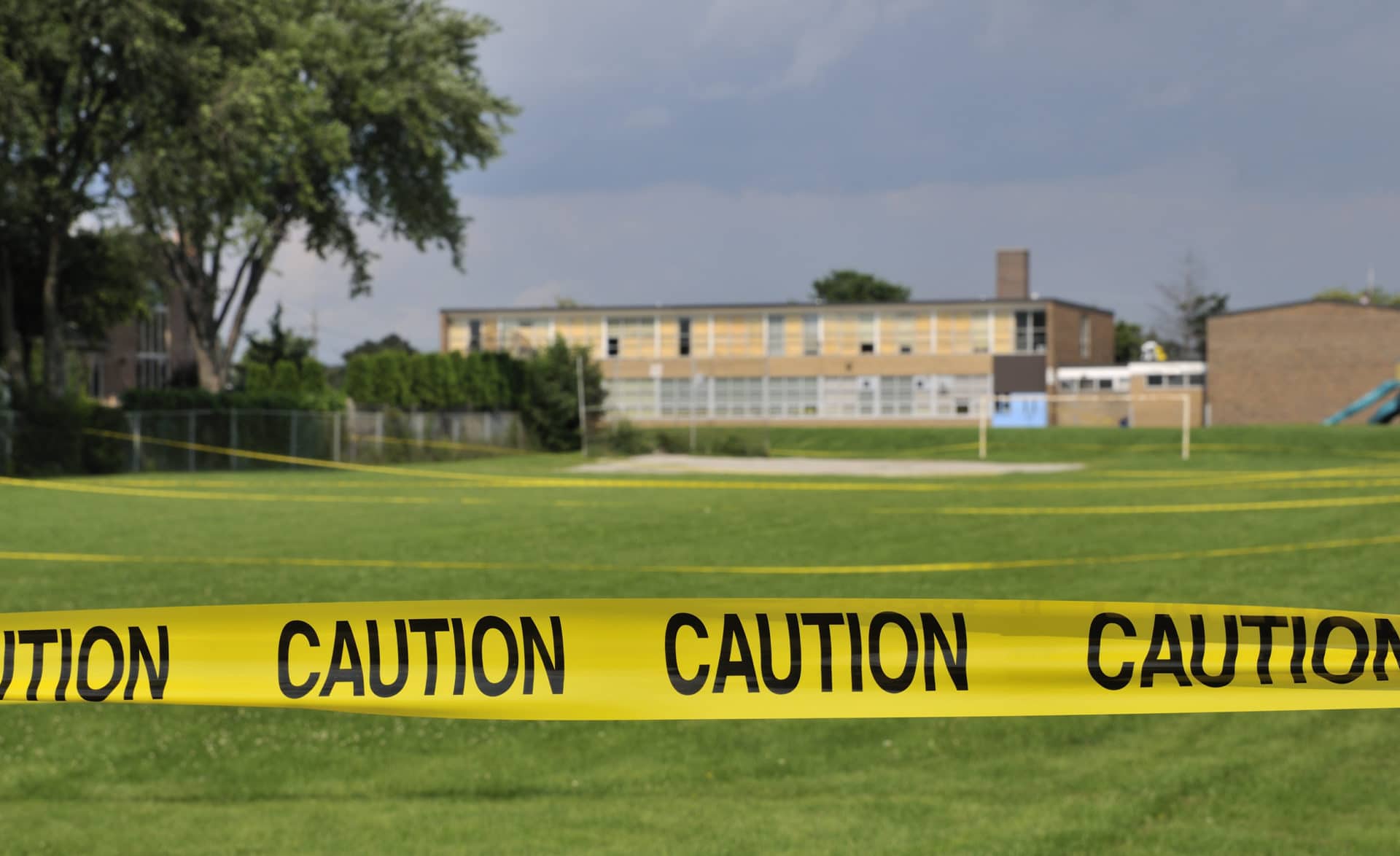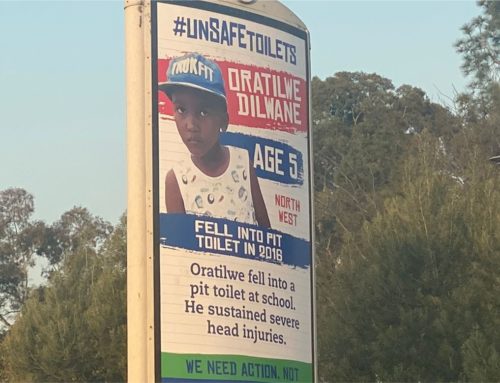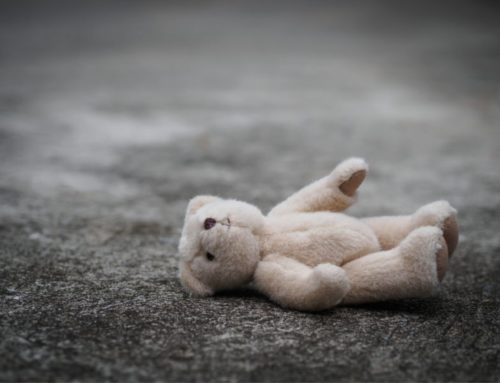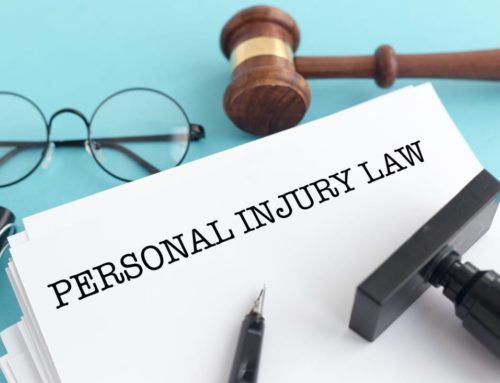The Hoërskool Driehoek tragedy has made us all aware that tragedies can happen in the most familiar environments even at the schools which our children attend.
But what right do the scholars and the families of the deceased have to recover damages for the pain they have experienced and for any ongoing medical treatment which may be needed?
Where does the law stand?
What can an innocent person claim? and when?
Any person who enters onto the premises of a third party either by invitation or not and who is injured may have a claim for recovery of damages against the owner or person who did the building work on those premises or conducted any construction or building work
on those premises.
The premise for such litigation is that the injured person is innocent and furthermore, that there is a duty of care owed to a visitor or user of the premises. The duty of care is owed to all members of the public.
In order to establish a claim against the negligent third party the injured person would have to show that the owner or building contractor, in other words, the negligent third party, failed to properly maintain or look after the premises. The failure to maintain can present itself in many different forms including not repairing footpaths, brickwork, railing, lights and also failing to inspect or maintain the building especially bridges and flyovers.
If it is proven that the third party did not maintain the premises or alternatively that when the premises were constructed there was a failure to take proper care in ensuring that the construction met minimum acceptable standards then the injured party would have a right to recover damages.
Those damages are made up of any hospital or medical expenses that have been incurred for immediate treatment. It also includes all medical and hospital expenses that will be incurred in the future. So for instance, if the person injured is rendered a paraplegic this claim would include monetary compensation to do alterations to the house, for regular medical treatment, orthopedic treatment, urological treatment and the like. The injured party is also entitled to recover a contribution to their loss of earnings. So for example, if the injured party would have gone on to study and completed a tertiary degree and is no longer able to do so as a result of the incident then lost earnings, which would have been generated over the injured person’s lifetime, are recoverable. Finally the injured person and recover general damages for pain and suffering and loss of amenities. This is a solatium which is paid to compensate the injured person for the discomfort, pain and the loss of enjoyment of life which they now experience.
Should the injury have occurred on the premises of a public institution then it would be the owner, in this country either the Minister or Provincial MEC which would be liable together with any of the building agents.






